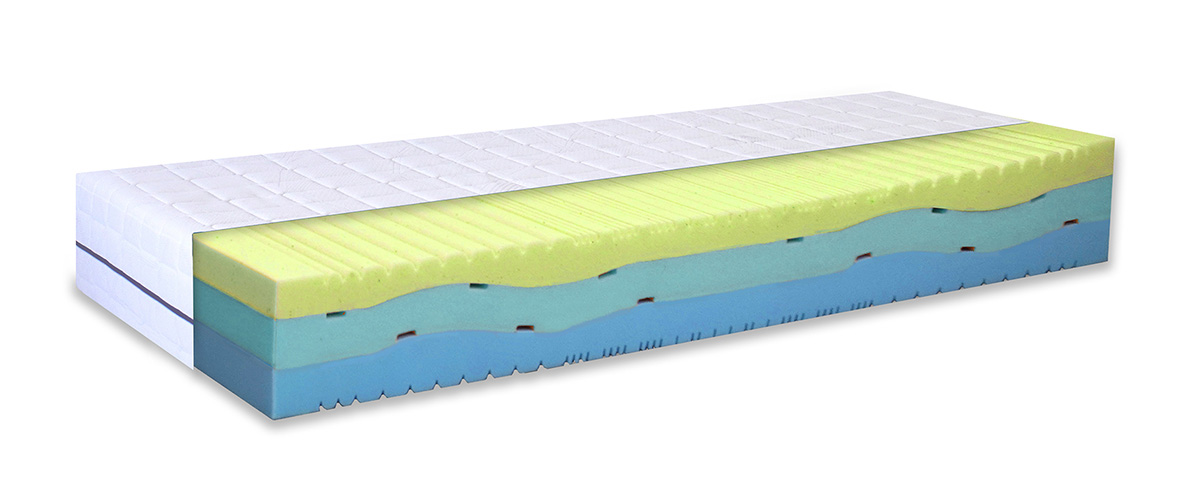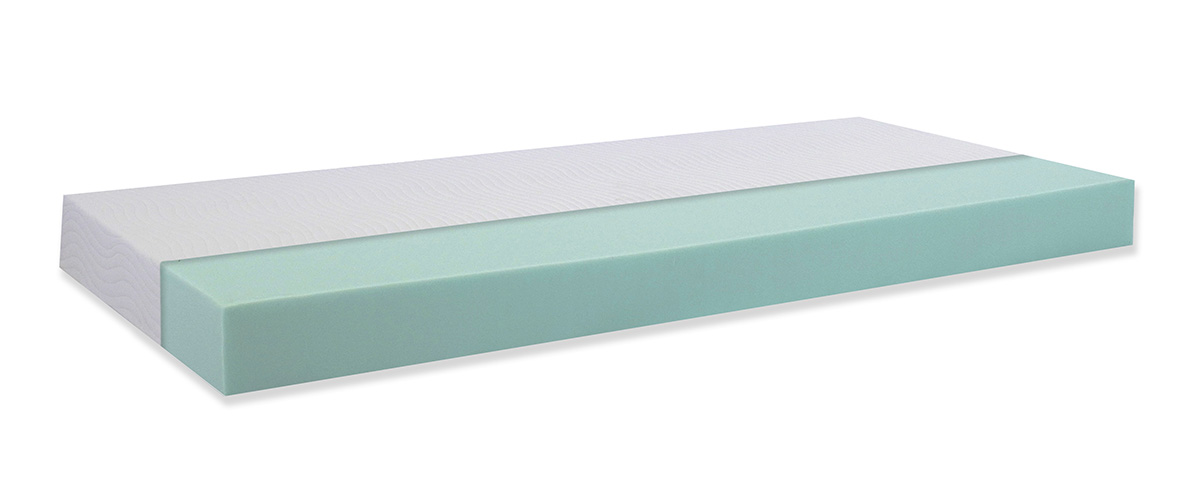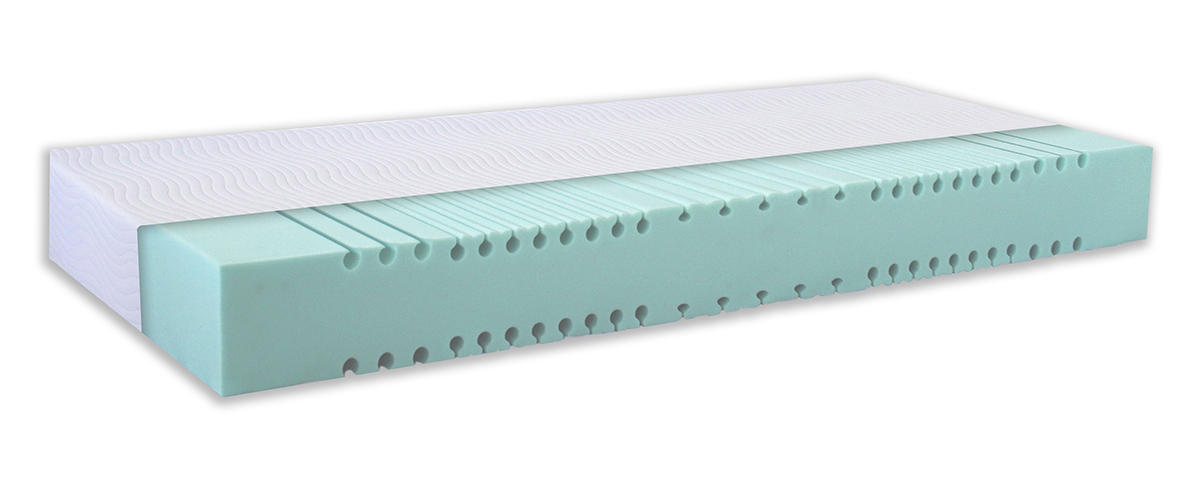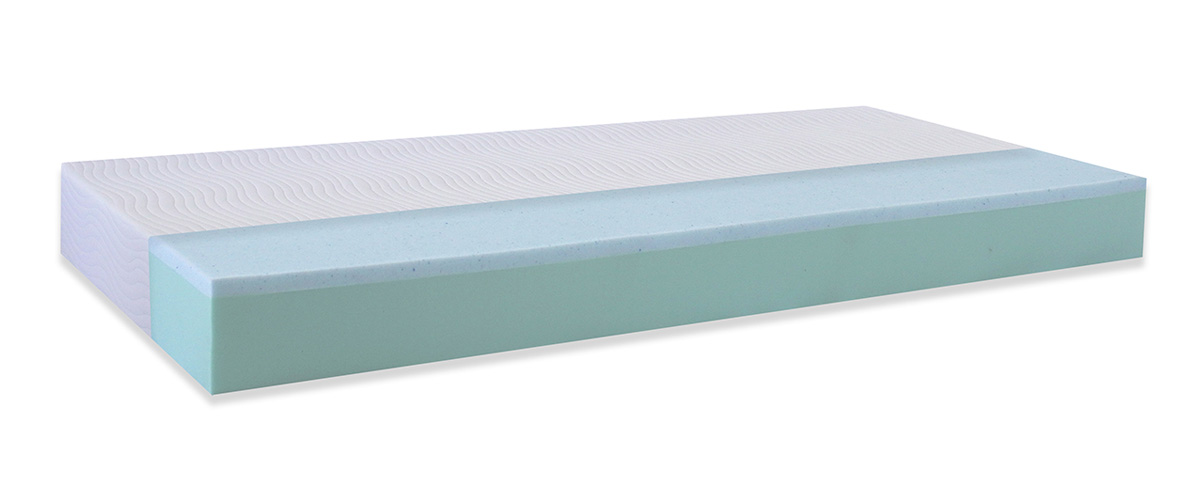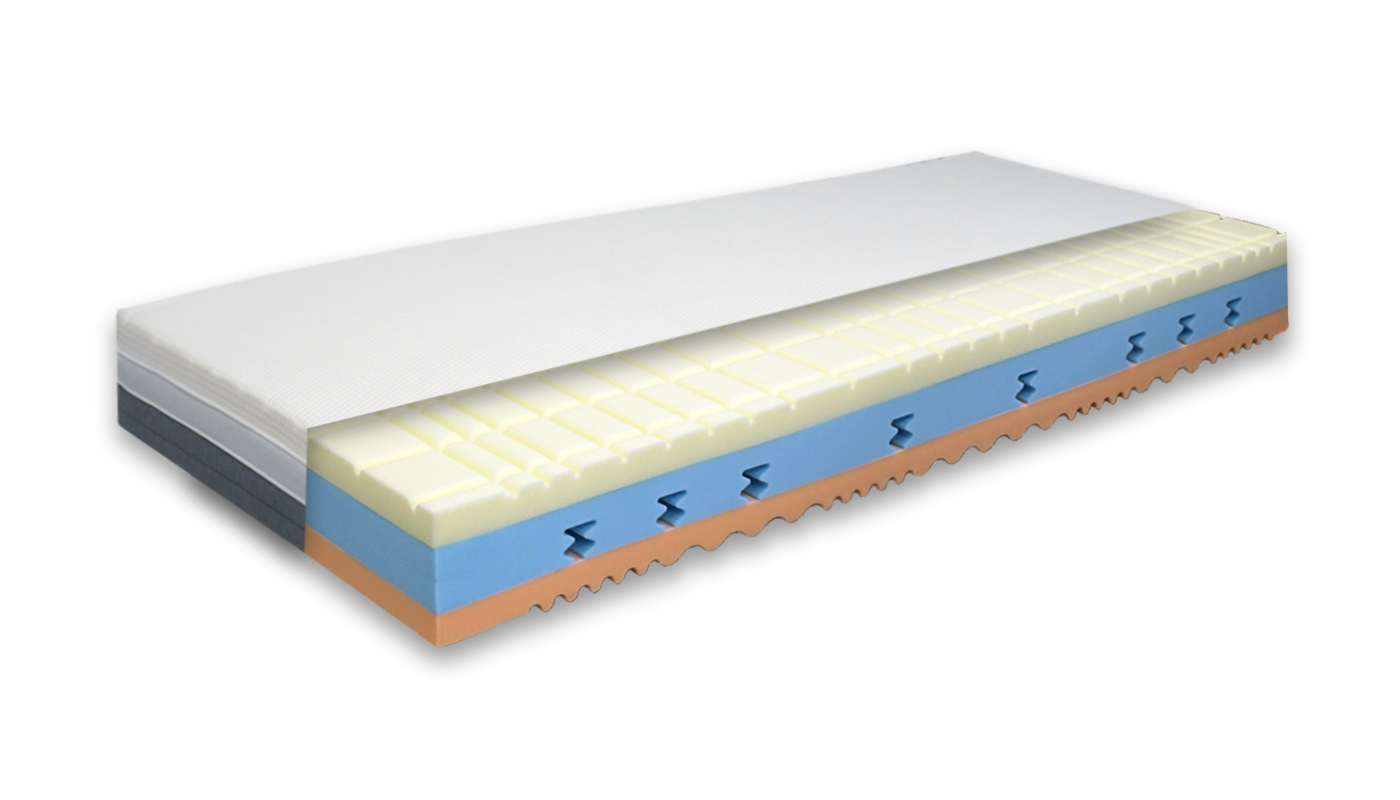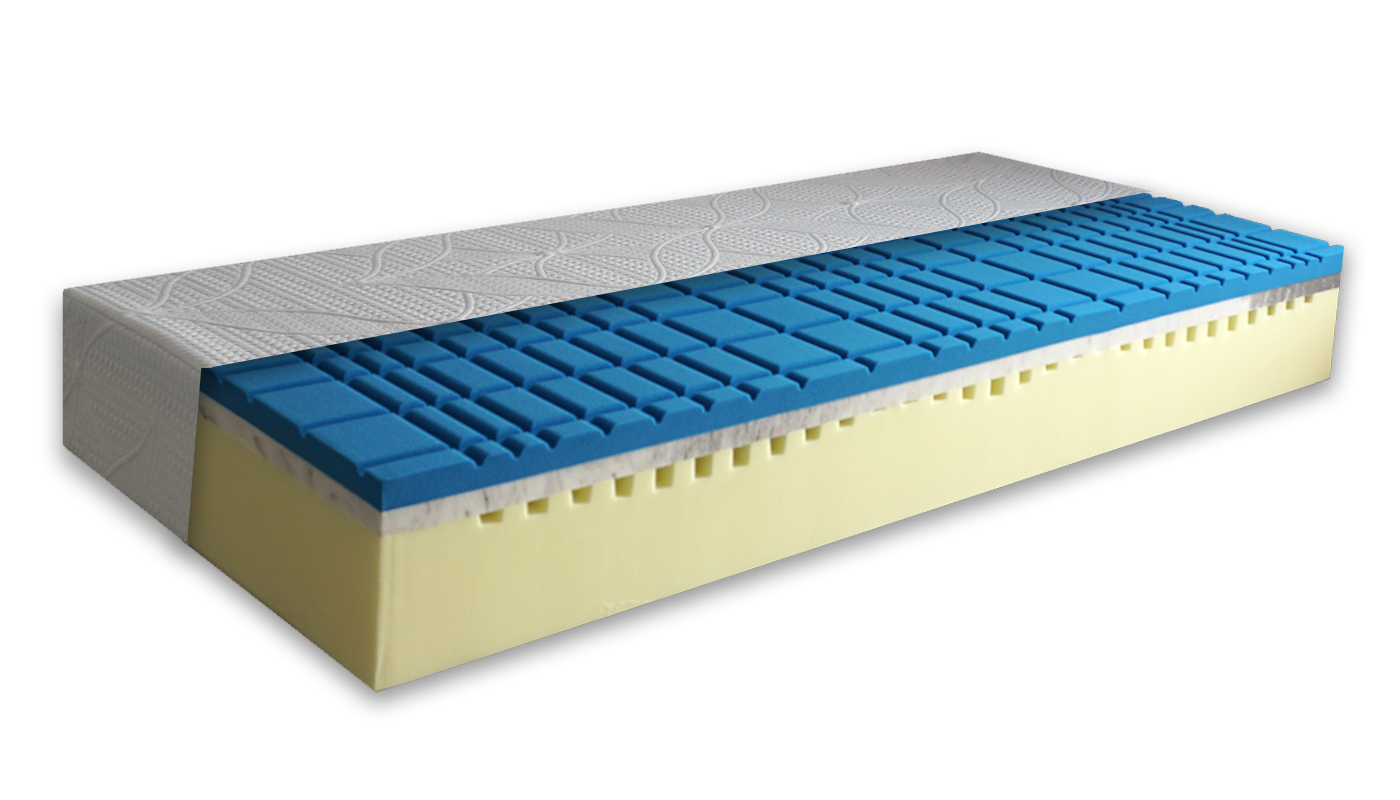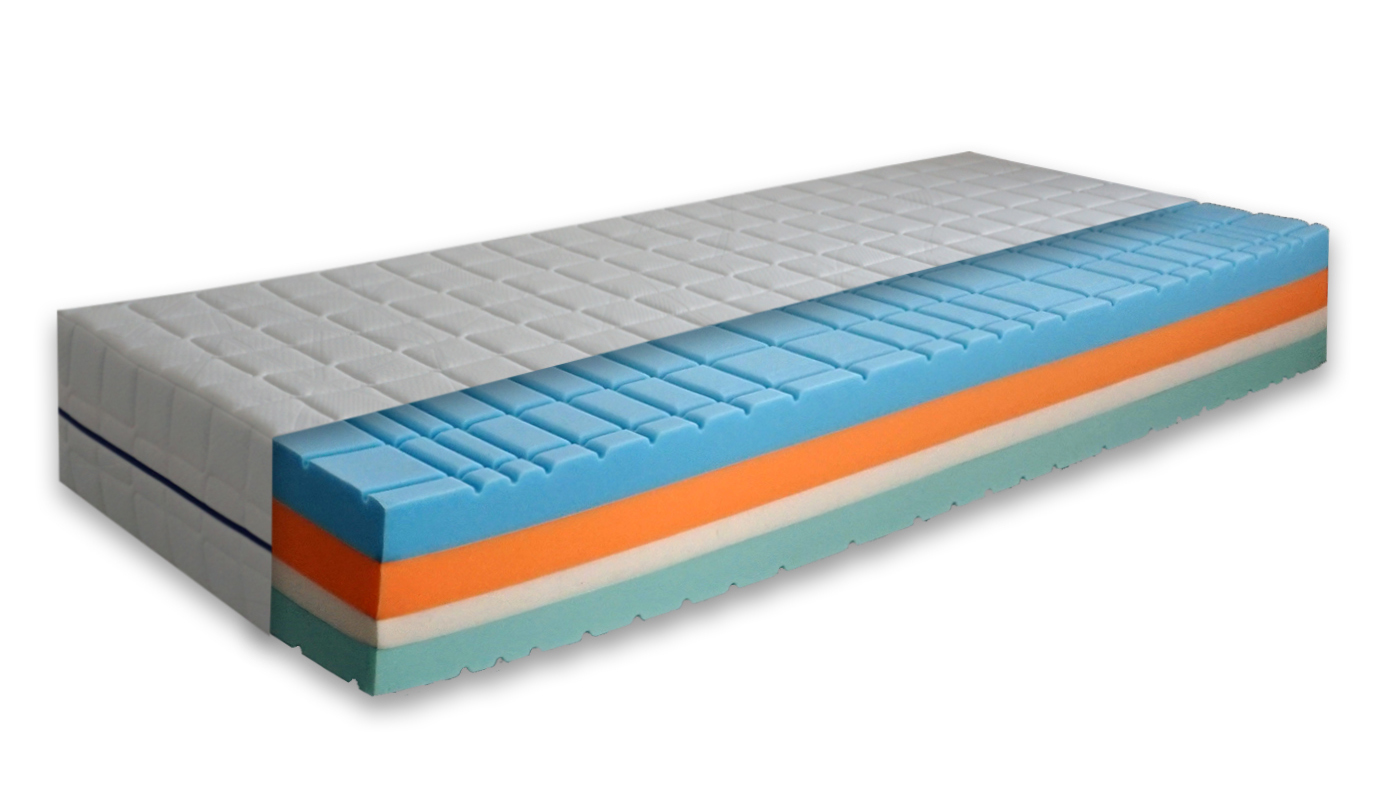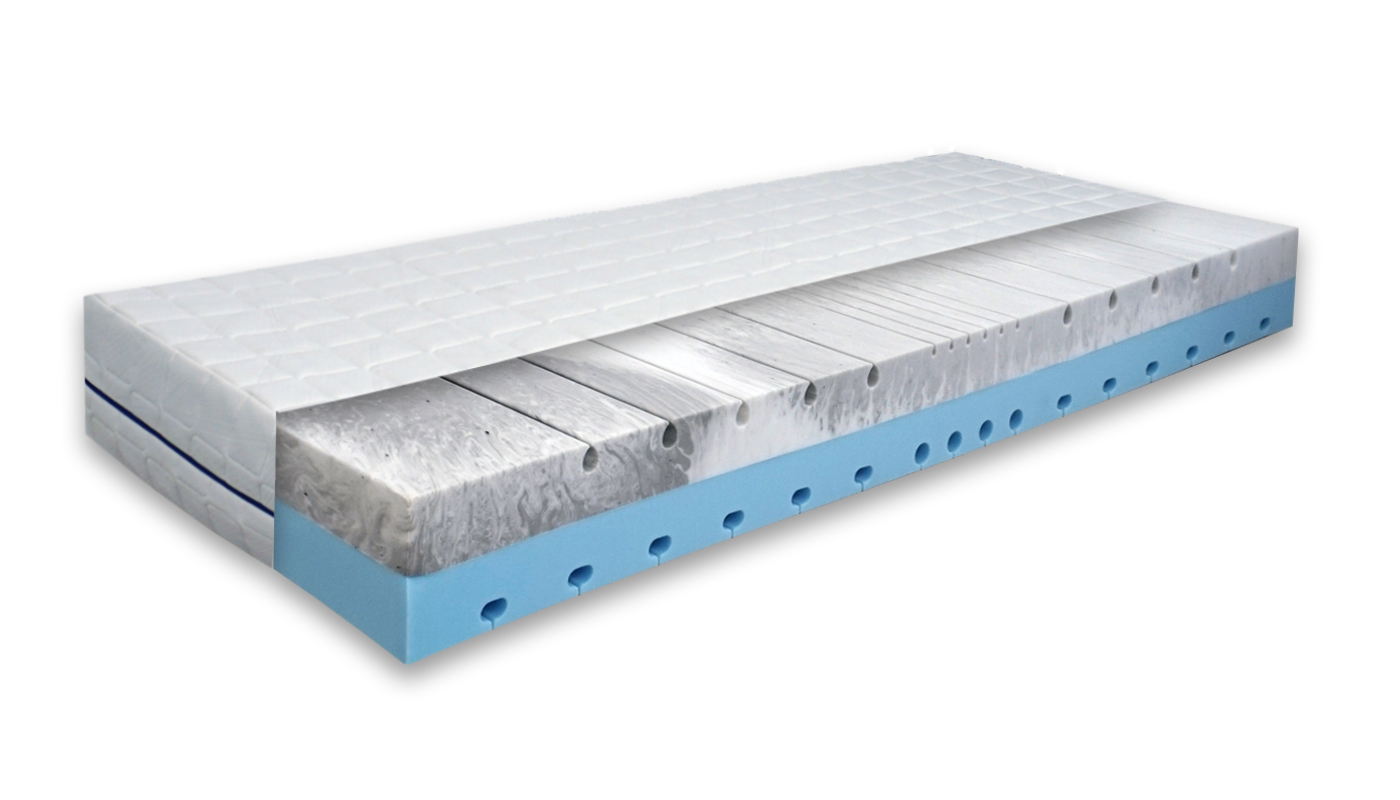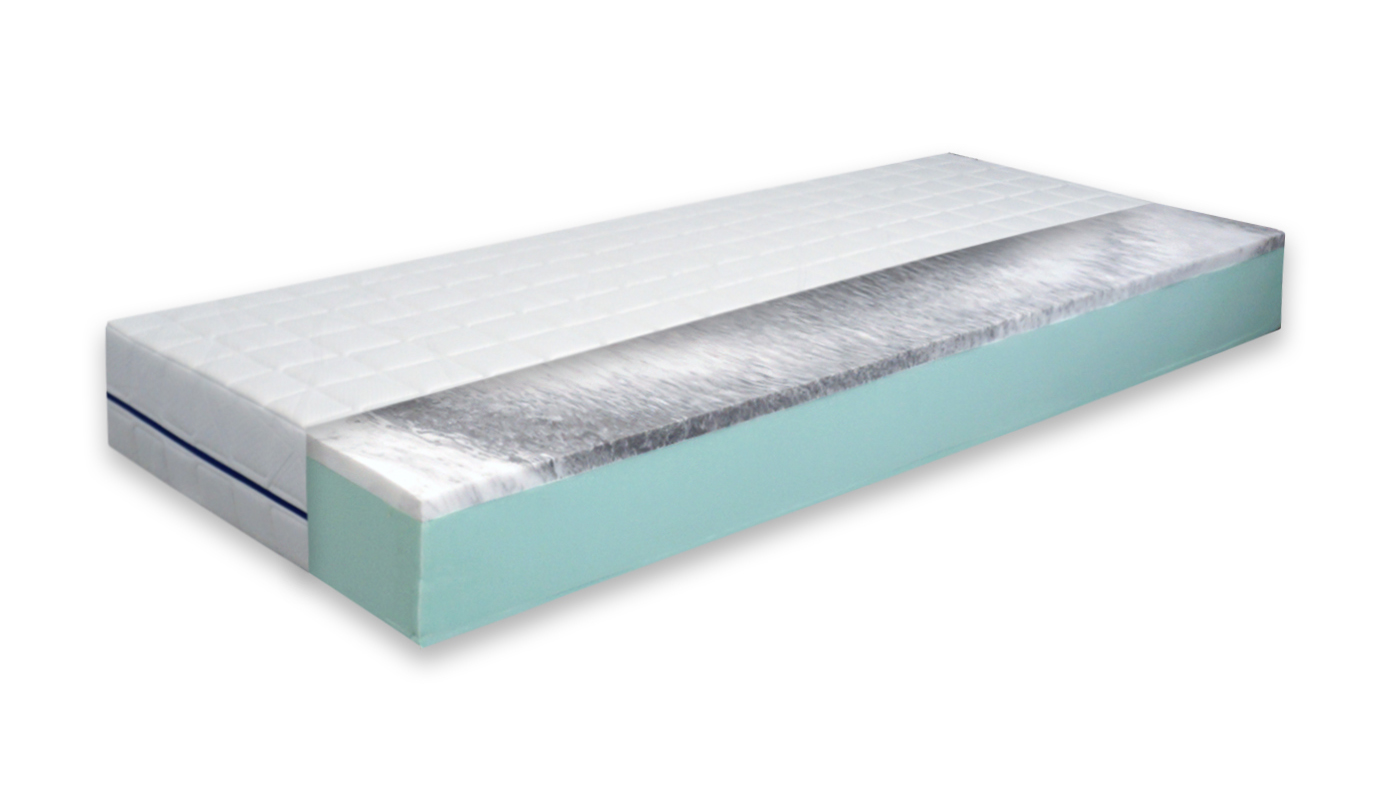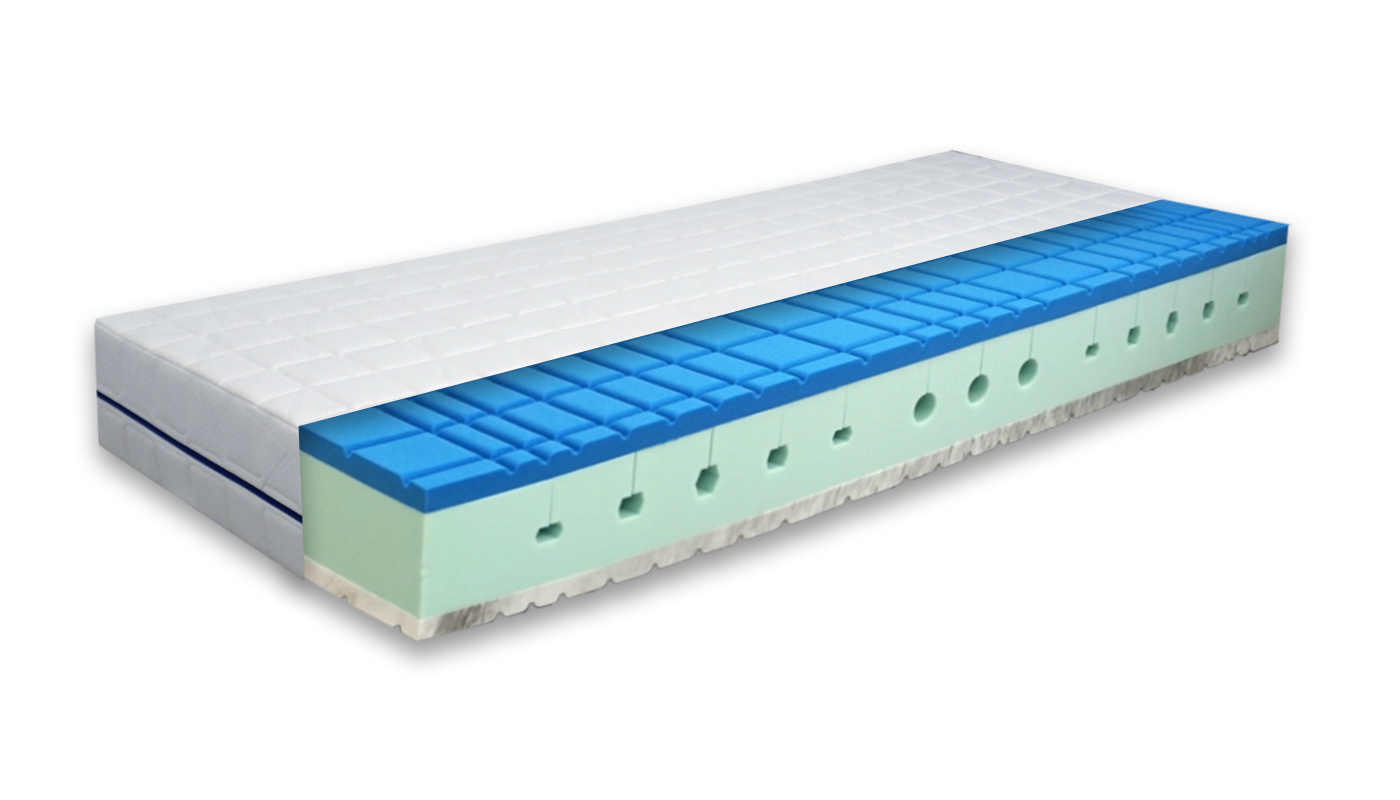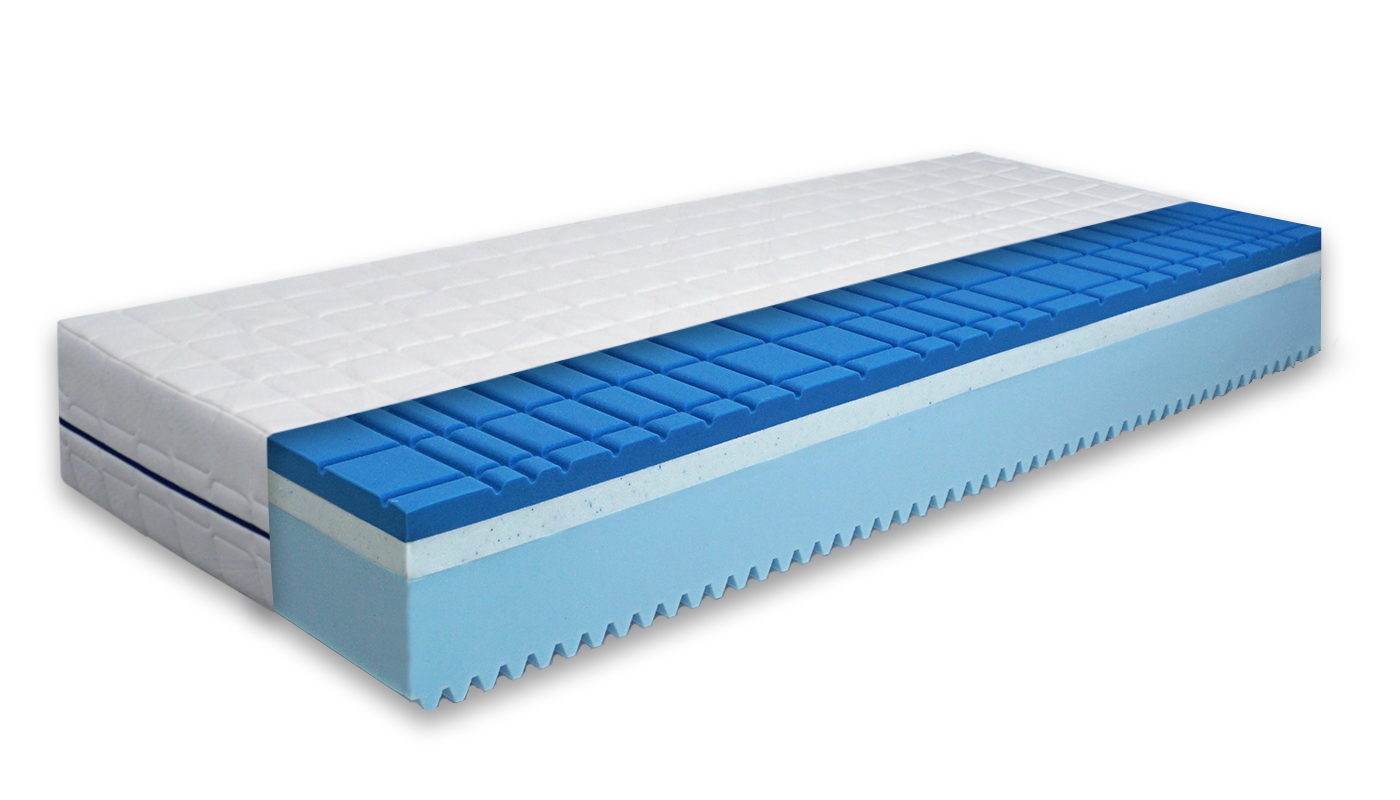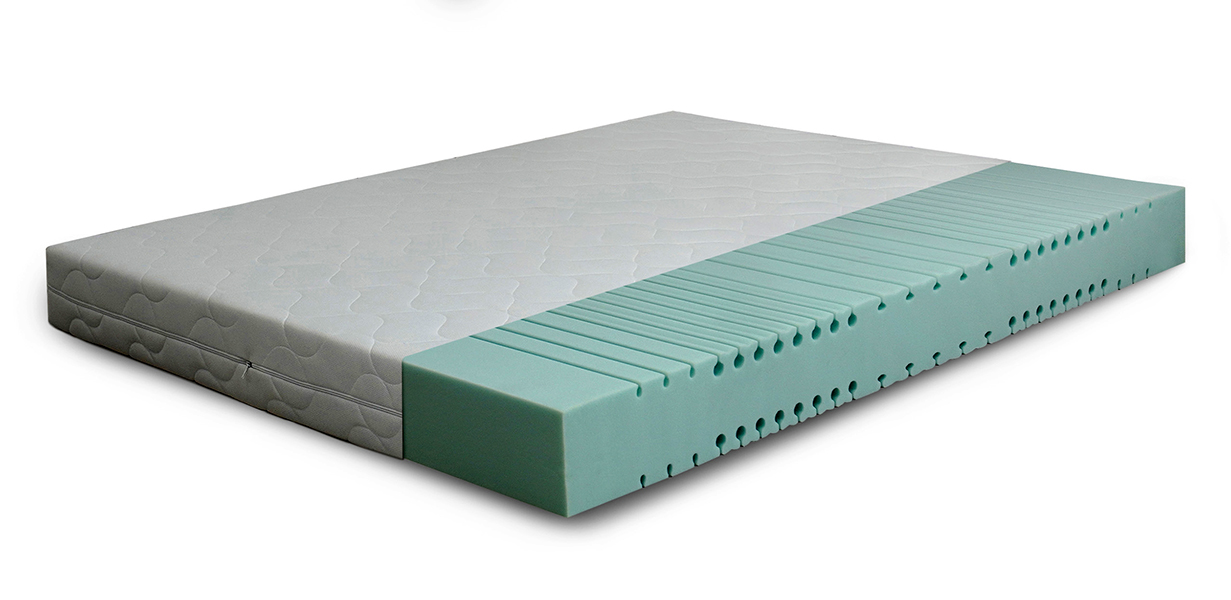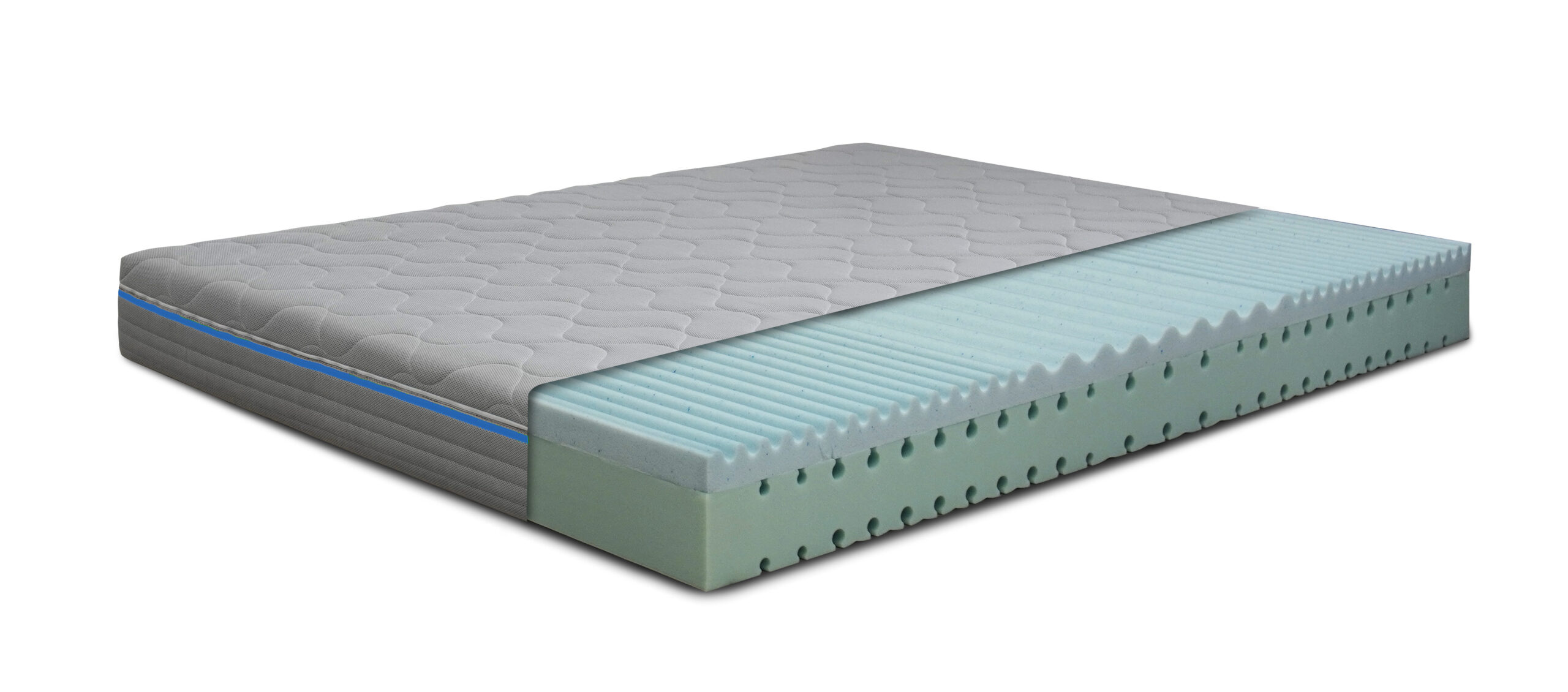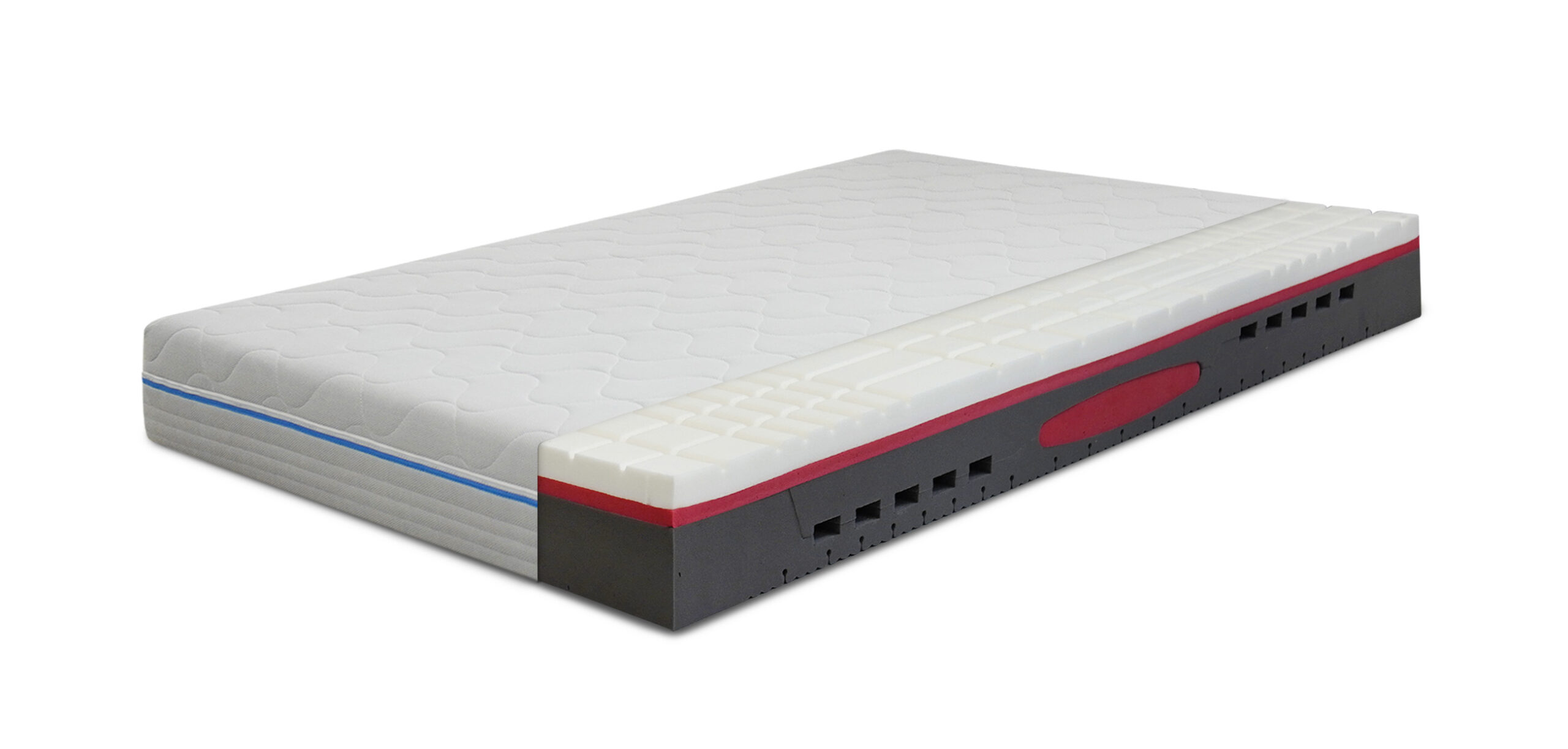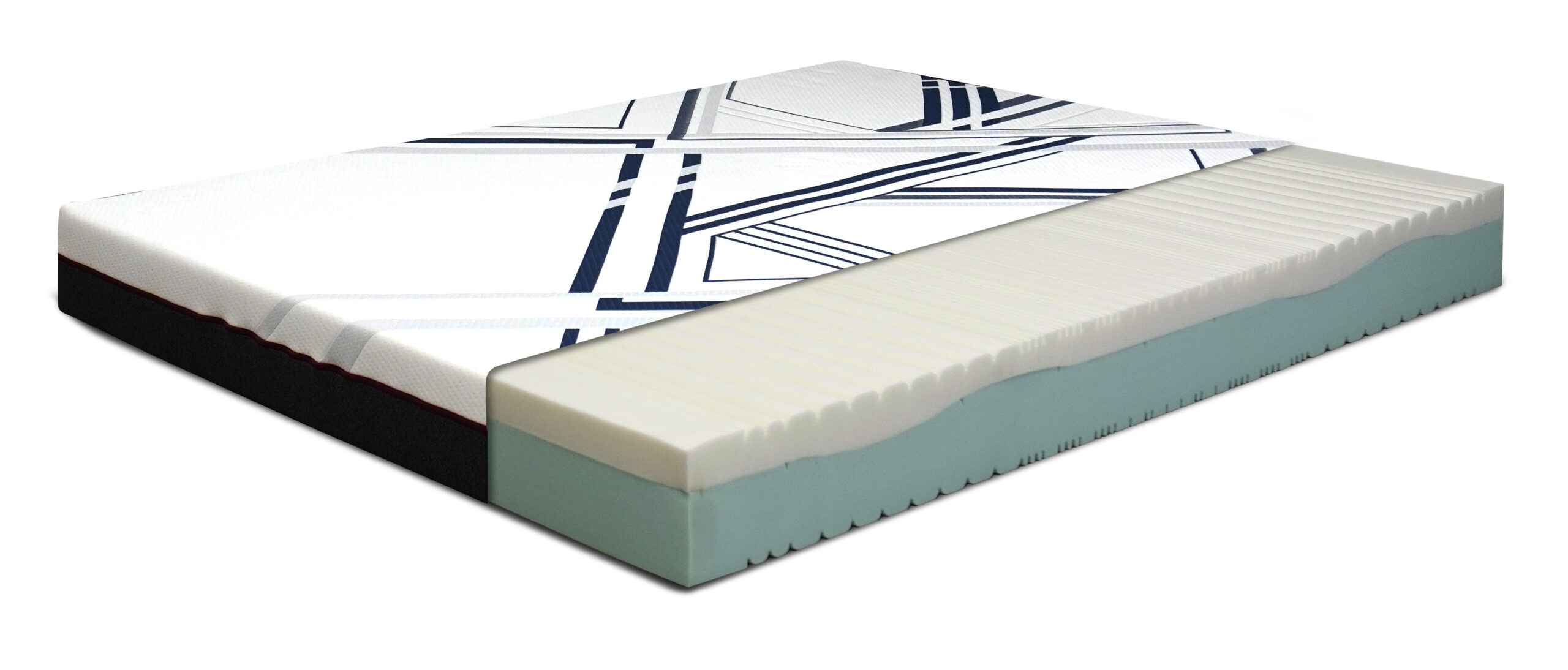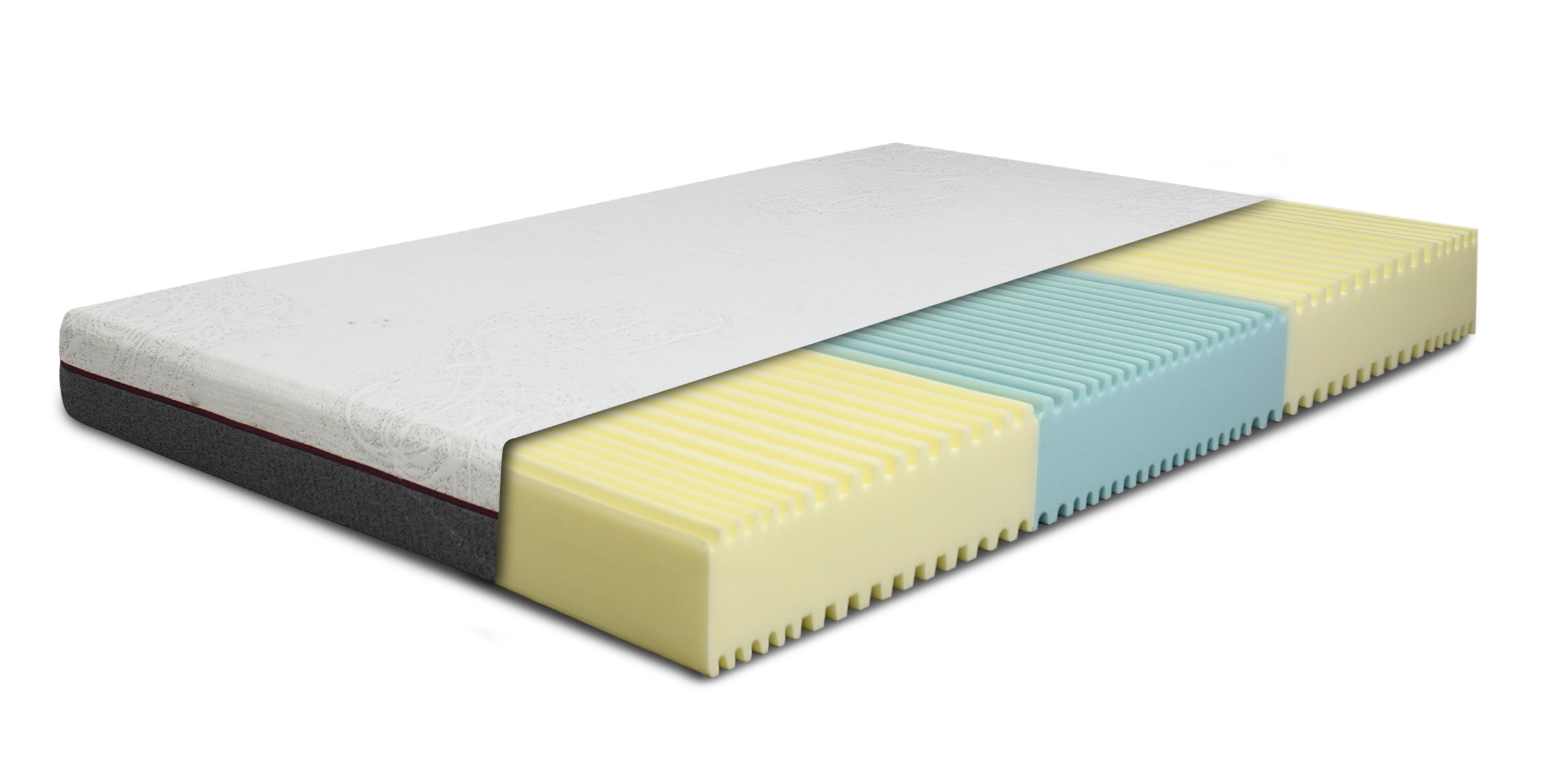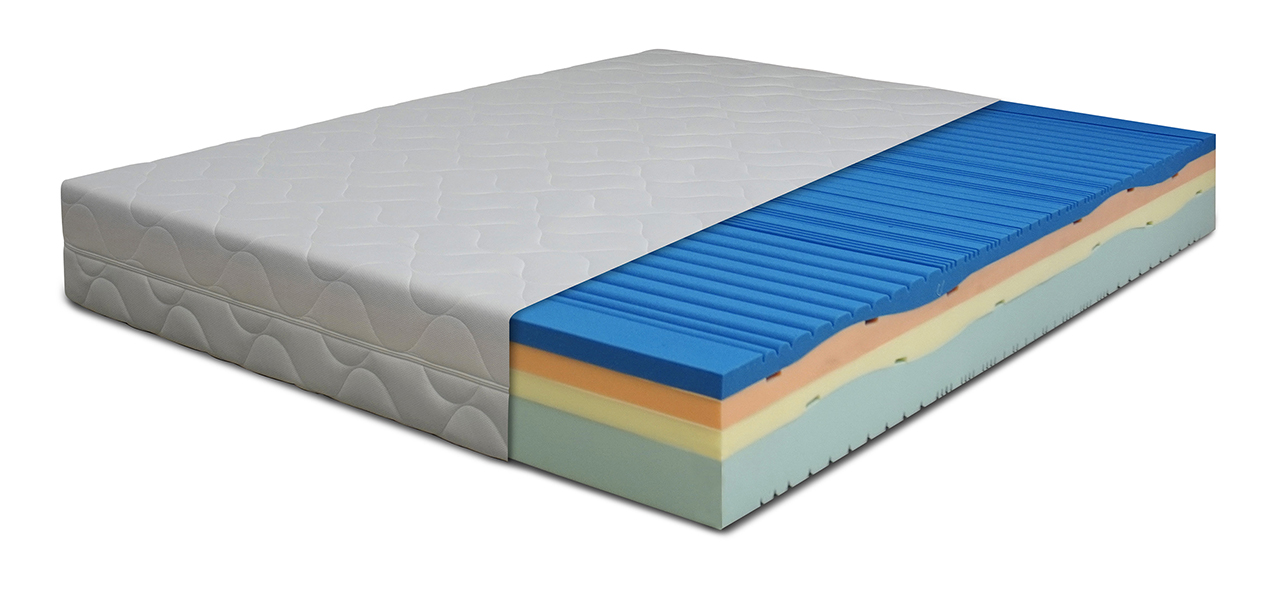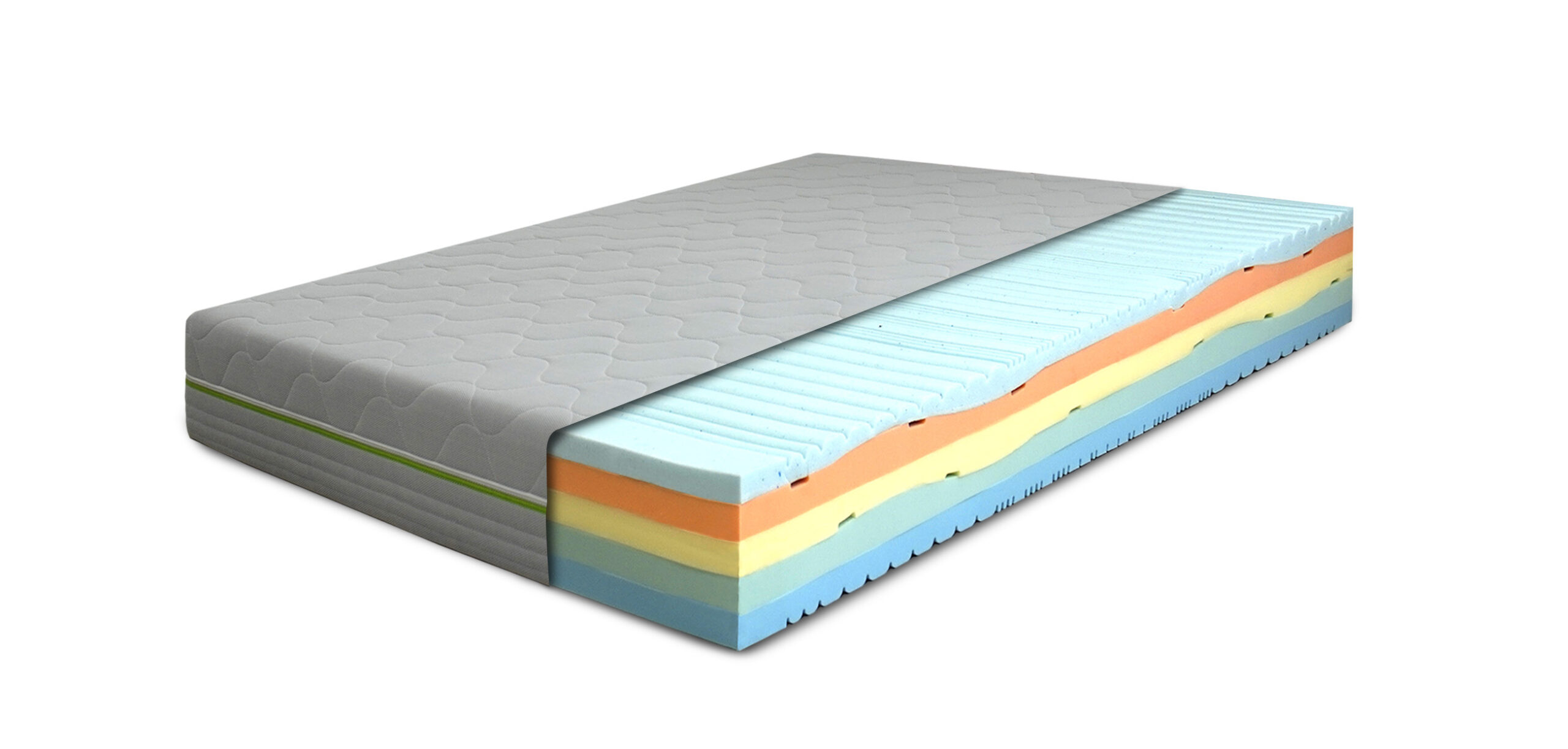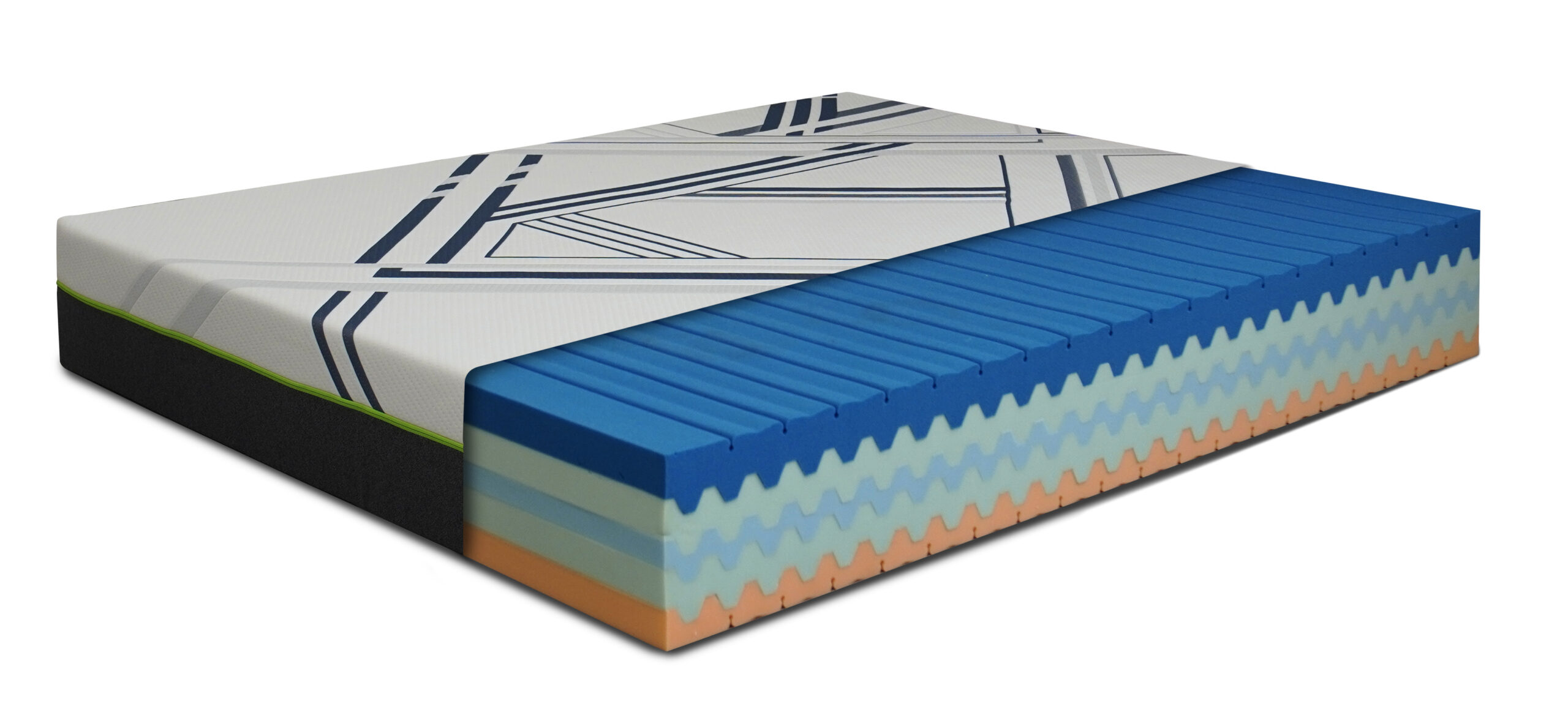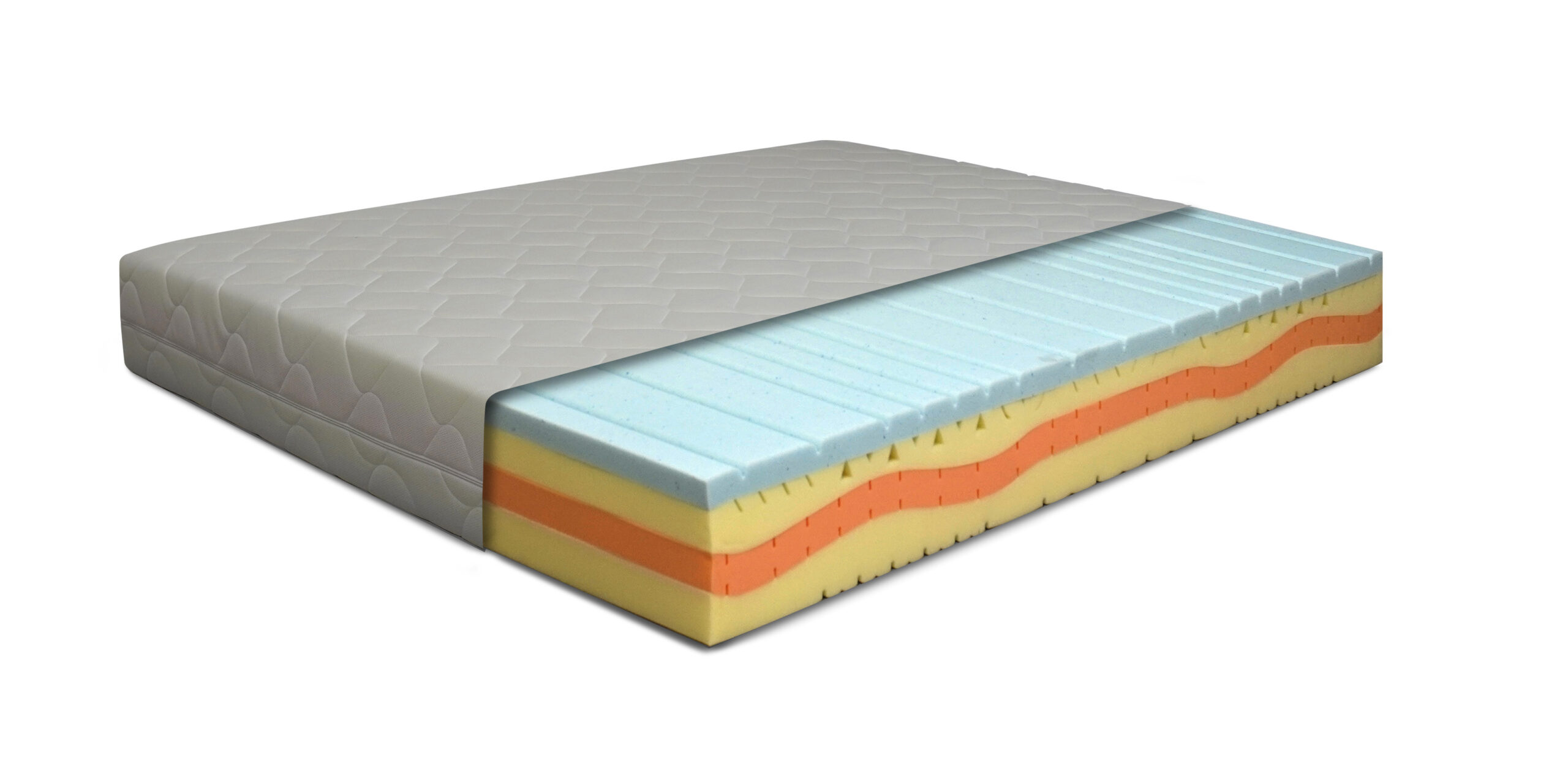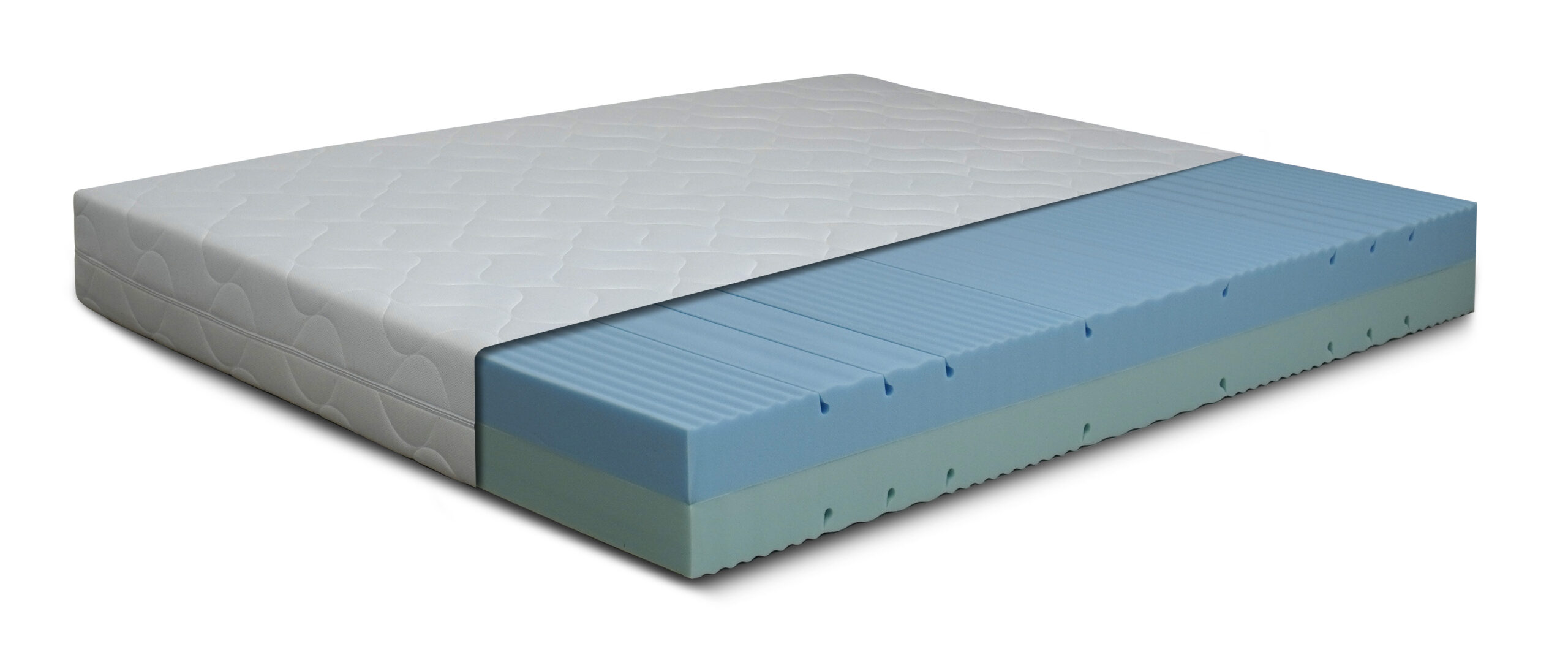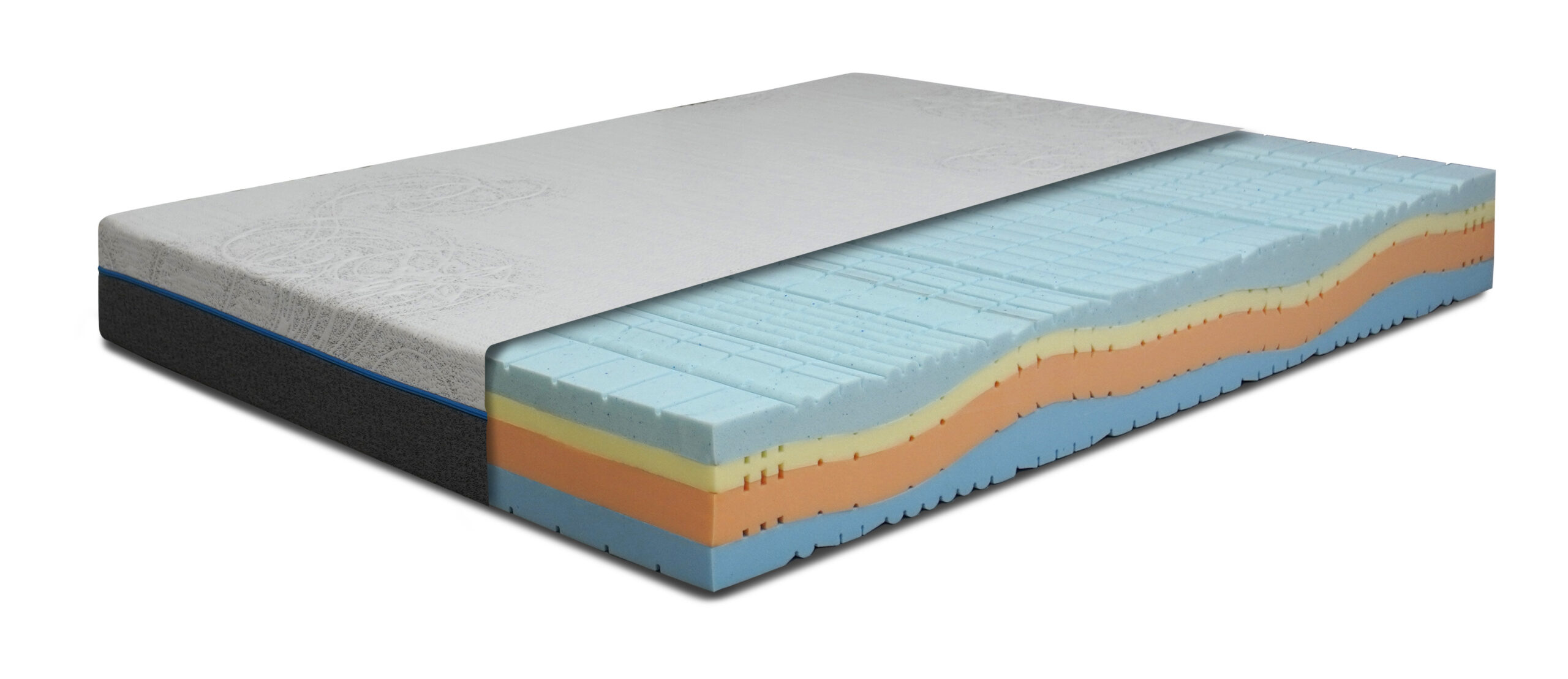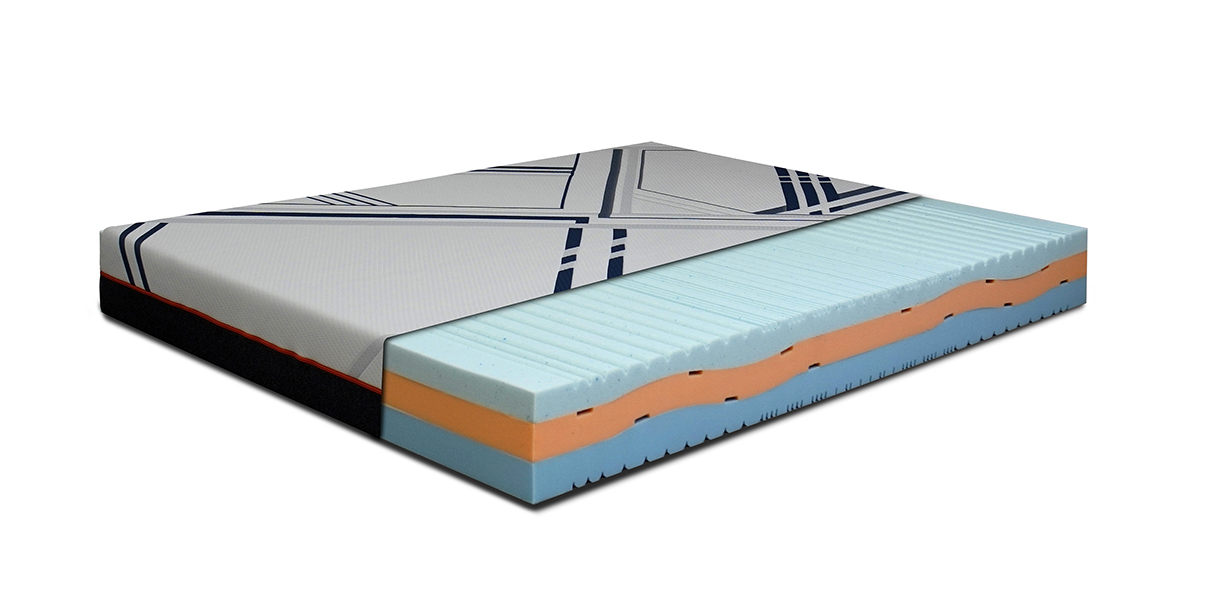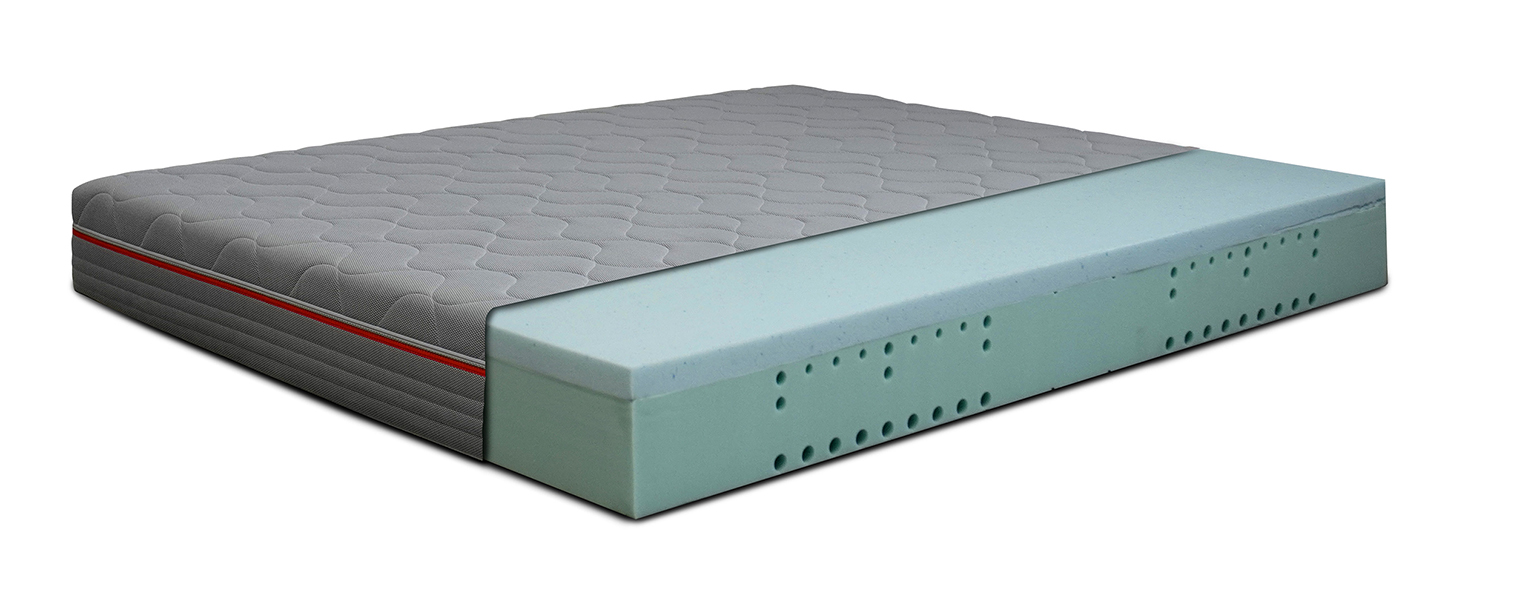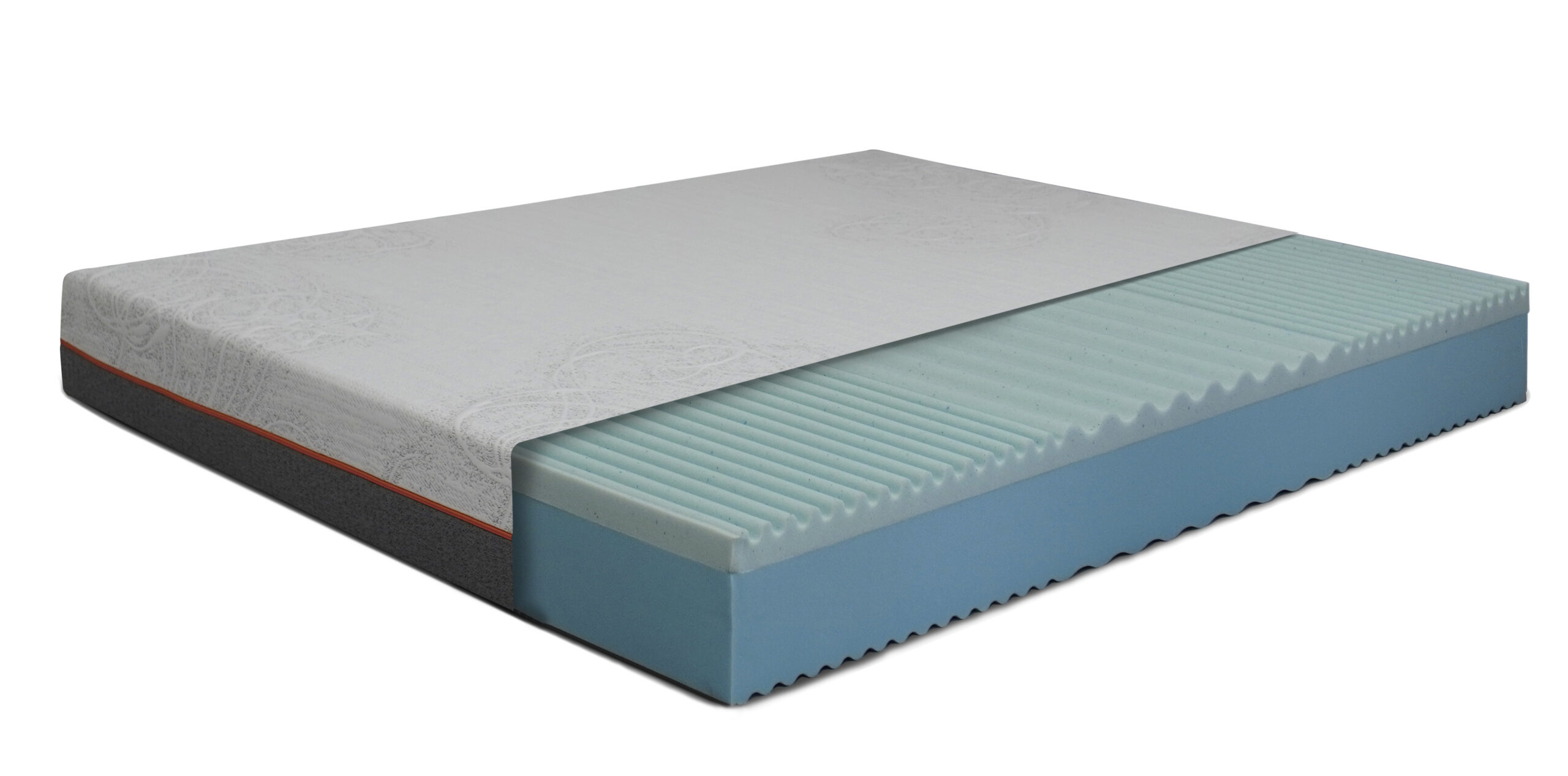To obtain quality sleep, size is an aspect that cannot be overlooked because the mattress on which we will lie down must allow legs and arms to stretch without reaching the edges: this means that the mattress will have a length and a width of 20 -30 cm more than the body structure.
On the market today, you can find many types of mattresses, produced with different materials and with different degrees of firmness. There are many values that influence the choice, including: body weight, height, preferred sleeping position, ambient temperature, any musculoskeletal problems, habits and general comfort.
The measures undergo small variations in the various European countries, but what are the standard dimensions of the mattresses?
- Single standard mattress: 80/90 cm wide by 190/200 cm long
- Double or twin mattress: 160/170 cm wide and 190/200 cm long
- Single bigger mattress: specially designed to ensure greater comfort than a single mattress, for one person only, it is a little larger than a single one and measures 120 cm in width and about 190 cm in length
- French mattress: It measures 140 cm in width and always approximately 190 cm in length
- Made-to-measure mattresses: specially designed for all those who may have particular needs, made-to-measure mattresses can be produced with the desired dimensions.
Generally, mattresses with a height between 20 and 30 cm are the ones that guarantee the best support, but the characteristics of the materials from which they are made also make the difference in terms of support.
The importance of night rest and the problems that can undermine the quality of sleep and, consequently, of life, are a fundamental topic.
In fact, sleep disorders can have a strong impact on the daily life of those who suffer from it, causing chronic fatigue, lapses in attention and an increase in irritability and depressive emotional states, leading to health problems in the long run more severe. In our country about 1 out of 4 adults suffer from chronic or transient insomnia. It is above all women who are most interested, around 60% of the total.
As an indication, an adult should sleep between 7 and 8 hours, even if for some people 9-10 full hours of sleep are needed and for others 5-6 are enough. In any case, the right amount of sleep for everyone is the one that allows you to wake up rested and active, in a good mood, ready to productively face the day ahead.
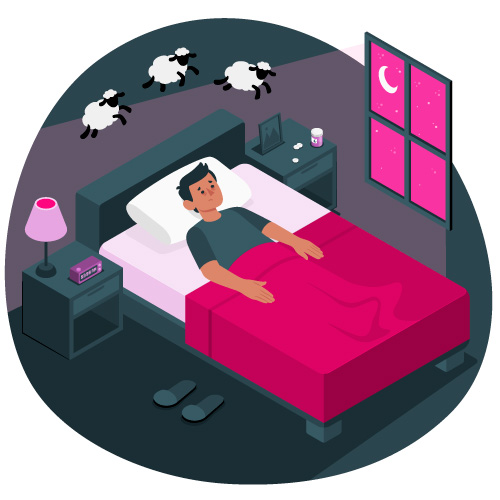
Sleeping well is a 360-degree matter of well-being and this is why Alma regularly collaborates with the best specialists in the sector, keeping up with scientific research.

Sleep deprivation, on the other hand, has tangible consequences on the psycho-physical well-being of the organism. In fact, they range from symptoms such as asthenia, therefore a sort of constant tiredness during the day, to difficulty in maintaining concentration, memory deficit, increased depressive states and irritability. To these problems, in some individuals, other more severe ones can be added: such as hypertension or cardiovascular problems, but also diabetes, because lack of sleep affects metabolism and insulin levels.
The specialist will then be able to prescribe different treatments depending on the underlying problem of insomnia, from the milder ones with melatonin to benzodiazepines or hypnotic drugs if the problem is more severe, up to antidepressants. Whatever turns out to be the most appropriate treatment, it is always good to keep in mind that it must be evaluated and prescribed exclusively by a specialist and do-it-yourself treatments must always be avoided.
A good mattress must support the weight of the body correctly: it must be firm enough to give us support, but not so much that it becomes uncomfortable. The important thing is that it respects the natural curvature of the spine. In recent years the belief that a firm mattress is always better for the back has taken hold, but this is not true: firmness is above all a matter of personal taste and weight.
ALMA MEMORY
Memory foam mattresses
With this material, air circulation is generally lower, so body heat tends to remain trapped in the mattress, which makes them suitable for people who are prone to cold or in cold climates. In the morning the bed must be very well ventilated to dry the humidity. It is a very flexible material, which allows for good pressure distribution during rest. The memory mattress adapts easily to the contours of the body. By adapting well to the body, they make sleep movements less frequent; however, it is not very quick to readjust to new positions. Alma has developed a range of more than 100 memory solutions, trying to satisfy any need and body type. In this way, your body will adapt better to the mattress and better rest.
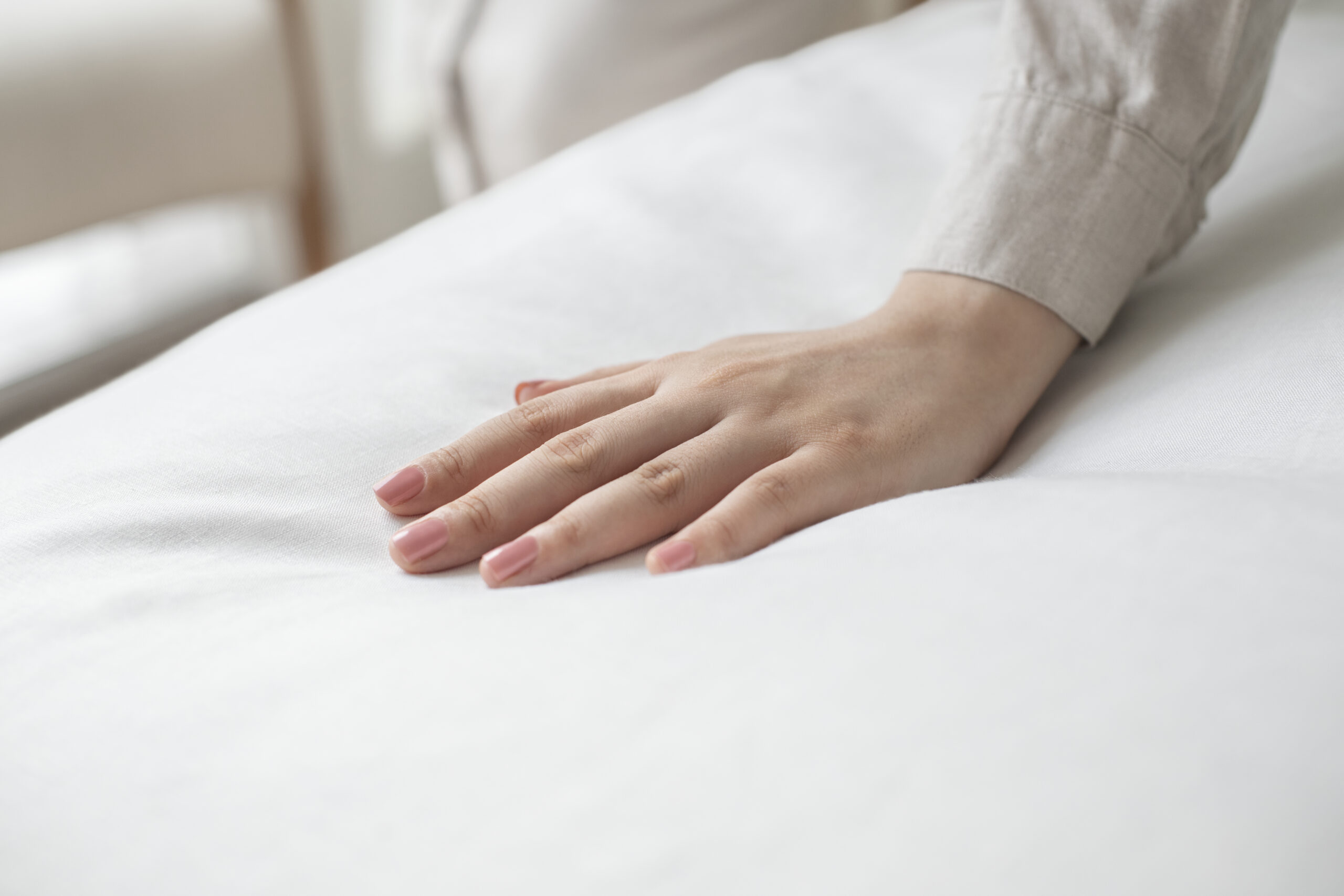
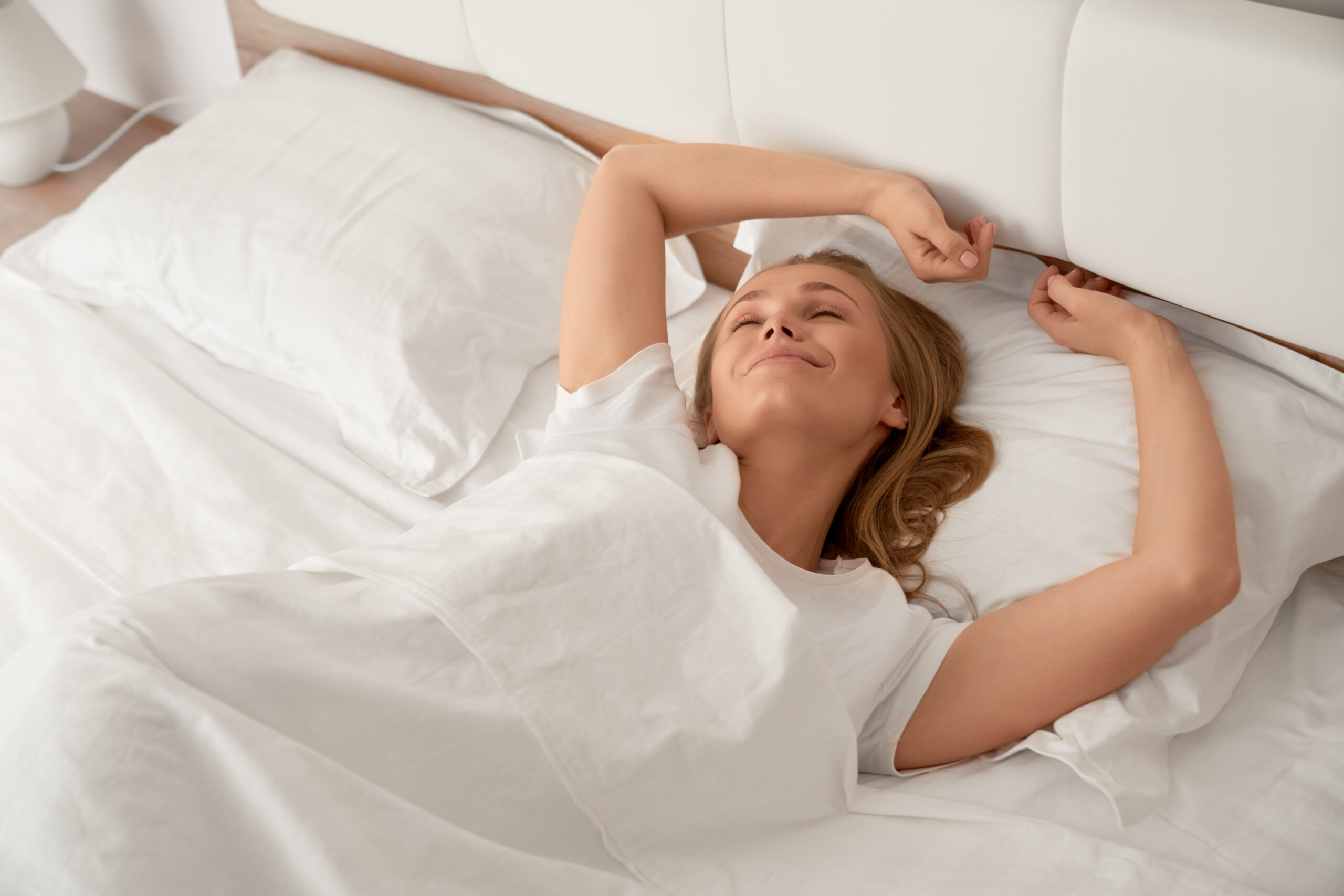
ALMA PRINGS
Spring mattresses
The heart of the mattress is made up of springs which guarantee elasticity and solidity. The springs allow for good ventilation and make these mattresses generally suitable for those who sweat a lot and live in very hot areas in the summer. They are often with “pocket” springs: that is, the springs are individually inserted in a small fabric bag, which avoids “friction” between the springs. As they adapt well to the pressure of the body, they are suitable for all weights, even for the most robust people. The possible addition of a layer of memory on the surface gives greater comfort and warmth.


